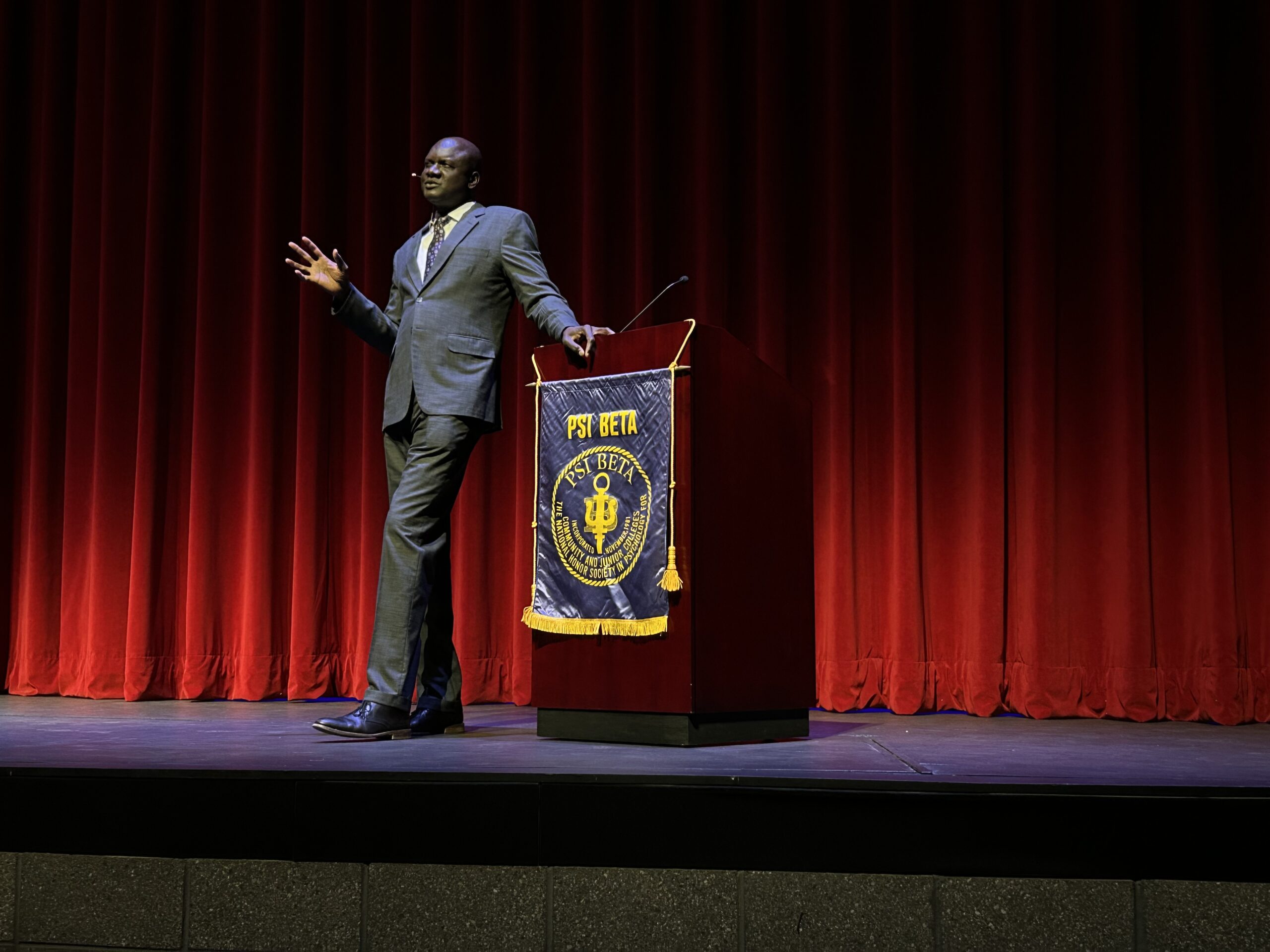Good Looks > Talent ?
Huan Vo
Plain people earn 5 to 10 percent less than people of average looks, who in turn earn 3 to 8 percent less than those deemed good-looking, according to researchers from University of Texas and Michigan State University.
In a meritocracy, everything people get and earn is based on their merits, such as skill level and education.
“We don’t live in a meritocracy,” Paul Harasha, MCC sociology professor, said. “We say we live in a meritocracy, but we know that phrase, ‘It’s not what you know, it’s who you know.’ That has nothing to do with your skill or intelligence.”
“I don’t think we live in a meritocracy,” Jennifer Johnson, psychology major, said. “Our society is a mix of maybe meritocracy, and something else completely different that rewards people for their looks, not their merits.”
Though there is no concrete connection between good looks and success, there’s a standard of beauty in society that presents a certain level of status, which some people may link to knowledge, success, and the ability to do a job at a higher level, which results in attractive people having a higher chance to land a job than less attractive people.
“We (the society) judge a book by its cover all the time,” Harasha said. “It’s perpetuated through media, and also probably it’s just the culture in general.”
“It seems like all singers and actors are beautiful,” Johnson said. “It creates this image of good looks going hand in hand with success and fame.”
On top of that, individuals have a tendency to find attractive people more intelligent, friendly, and competent than less attractive people.
“This may be the positive side to it. Regardless of someone’s skill or talent, if they look a certain way, and let’s say their supervisor expects them to perform at a higher level, they may rise to the occasion,” Harasha said. “It’s called self-fulfilling prophecy.”
When the level of attractiveness of a person meets the standard of society, they may feel good about themselves, and perform better in a job as a result, but whether it is sustainable is anybody’s guess.
“At the beginning, they (attractive people) may rise to the occasion, but over a long term, will they be able to keep that level of productivity?,” Harasha said. “I would argue that (it’s) probably not. That would be an interesting study.”
“It depends on their skill level,” Johnson said. “If they have the skill to begin with, then they’ll keep that level of productivity. Otherwise, a beautiful face is all they have.”
Though Harasha believes that looks shouldn’t be important, he said that they are very important in society. The looks affect how people get paid and how they are treated and viewed.
“We shouldn’t judge a book by its cover, but we do, and it plays out in all the institutions in our society, from police to whom people vote for,” Harasha said. “It shouldn’t be important, but it is very, very important, probably more in a negative way.”
The looks create a dynamic in society where attractive people fit in the dominant group where there is more air and more room for mistake, whereas less attractive people will have less air and less room.
“It is totally not fair for those who have the talents and skills but lack the looks,” Johnson said. “But I believe that if they can demonstrate their talents the best way possible, they will succeed.”
“They (less attractive people) always have to be on their game,” Harasha said. “It’s kind of a sad commentary.”









